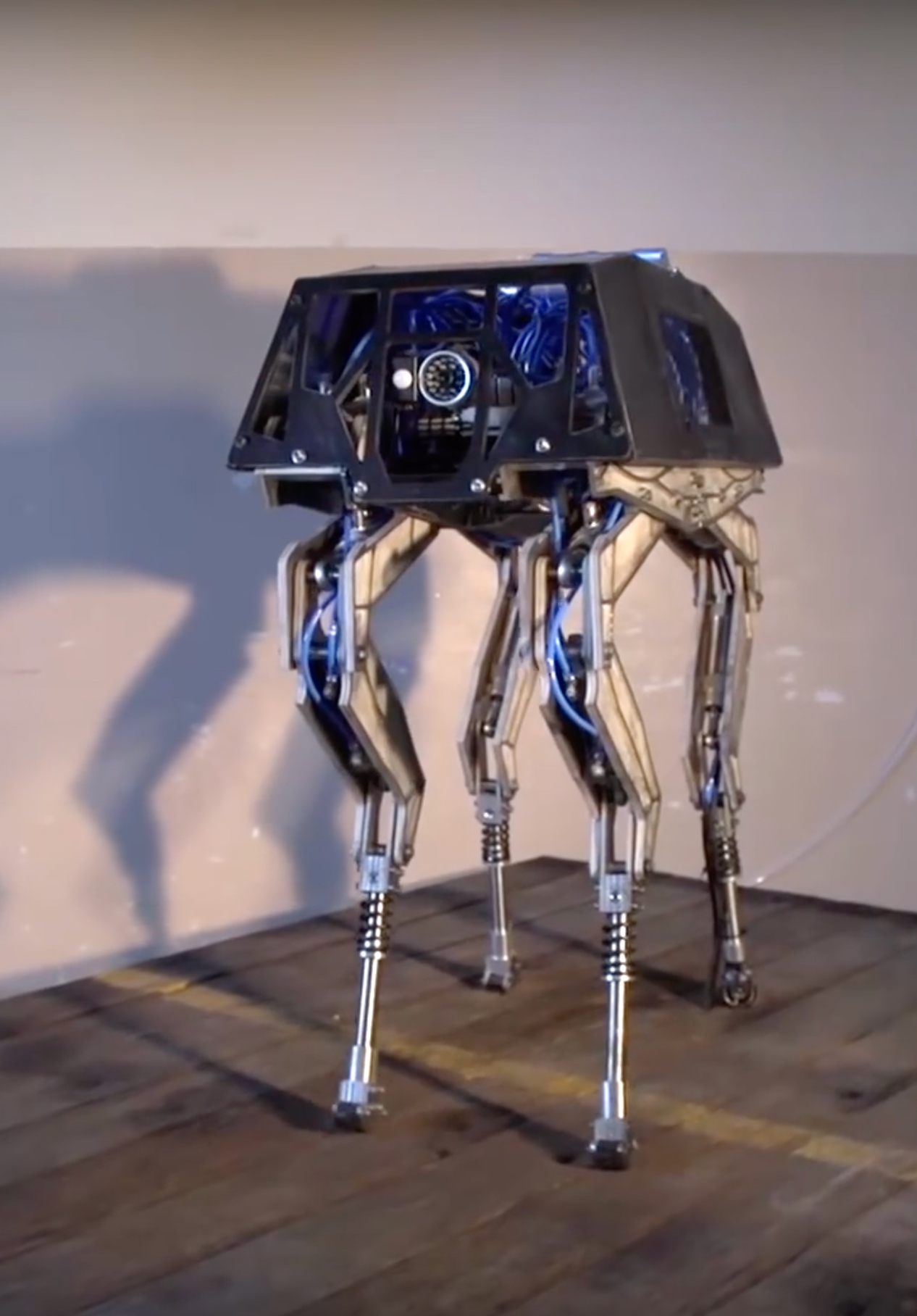Robot Love was the artistic translation of a widely held public debate on the rise of robots in our daily lives. The exponential growth of technology is cause for optimism, but also presents us with ethical dilemmas. Despite the tools at our disposal to be in contact with each other, a larger group of people feels lonelier than ever. Robots fill the gap in the demand for care, attention, love and sex.
The mission of Robot Love was to generate attention for humanity in the midst of advancing algorithms and AI. Robot Love started from an optimistic view; Robot Love embraces the arrival of robots and AI, because it also offers opportunities to become better people. At the same time, the less attractive consequences of these disruptive technologies are also being researched. Robot Love goes along with the positive welcome of robotics, but also uses the context to emphasize the human side. There is room for fascination, also for conflict, for vulnerability and especially for love. Robot Love does this by organizing a large-scale art event with an exhibition and a public program. In a publication experts give their take on the themes of Robot Love.
Robot Love
Visiting Address (Office):
Apparatenfabriek – Strijp-S
Torenallee 34 (6th floor)
5617 BD Eindhoven
The Netherlands
T: +31 6 33091322

Robot Love has been organised by the Niet Normaal Foundation, previously responsible for, among others, Niet Normaal, Ja Natuurlijk and recently Hacking Habitat.
Why Robot Love?
Robot Love investigated what love can do in a context of robotisation and artificial intelligence. Man and machine have been hand in hand for millennia. Technology and machines repeatedly offer new ways to externalize ourselves – cooking, language, agriculture, machines, artificial intelligence – in order to increase our chances of survival. However, with the design of those new environments we also influence ourselves. Robotisation challenges us to think about who we are and how we want to relate to each other.
Robot Love seduced the audience with a current topic and has put the theory into practice. Robotisation and cobotization will drastically change our lives. Robot Love played with the question: are we the masters or do we become slaves? Are we going to outsource love and attention to robots? Or do we use artificial intelligence to consult with ourselves: are we human? Are we rational machines, focused on personal gain, or empathic and social? Is attention scarce or do we find time/ways to distribute love proportionally through digitization and robotisation? Does the future promise an impoverishment or inclusion with democratization of love as a goal?
